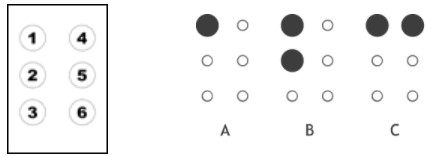Iran #1: Independence to Islamic Revolution
I read this excellent history-by-the-hour book on Iran , from its independence onwards. It is full of flip-flops; so brace yourself for a rollercoaster ride. Unlike India, the British never let go off Iran at independence – yes, because of oil. The Anglo-Iranian company was minting money for Britain, and left little for the Iranians. In 1952, its Prime Minister, Mohammad Mosaddegh, transferred its ownership to the Iranian government. A furious Britain enforced a naval embargo on Iran. They also tried to get US support, but President Truman refused. His successor, Eisenhower flipped American policy and agreed to support Britain. Via the usual method – fomenting a regime change. Meanwhile, the British blockade hurt Iran, and the masses became increasingly unhappy with Mosaddegh . The Shah of Iran, working with the CIA, dismissed Mosaddegh. But the people hated the Shah even more, and they came out in support of Mosaddegh. The Shah fled to Italy. The CIA began to play dirty.

